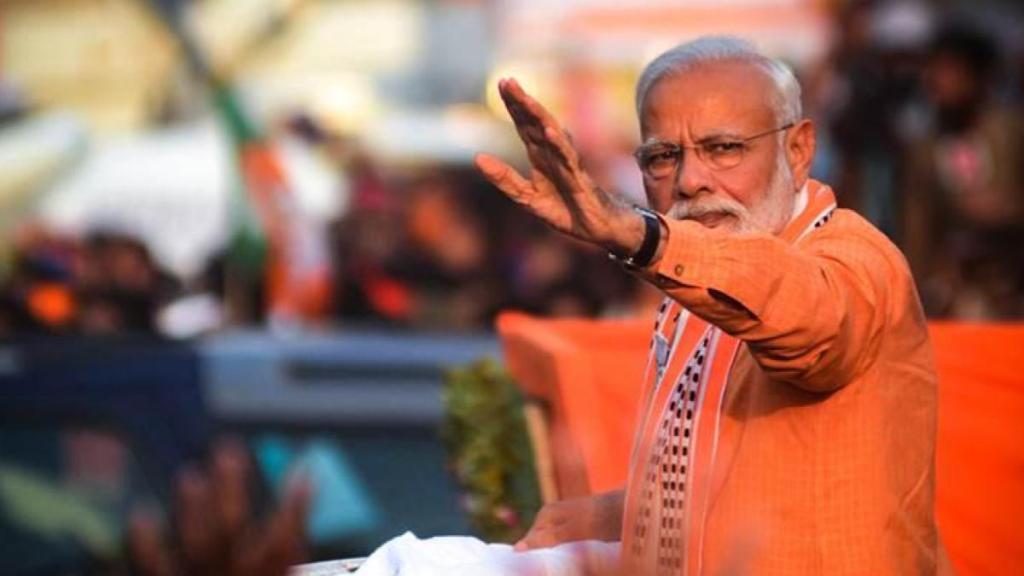Prime Minister Narendra Modi on Wednesday said the country will soon start commercial production of products related to semiconductor sector, and will become a global power in the sector.
The prime minister was speaking at the ground breaking ceremony of three semiconductor projects worth Rs 1.26 trillion that will be coming up in Gujarat and Assam.
“Only a few countries in the world are manufacturing semiconductors today. And Corona has taught us the lesson that the world is in dire need of a reliable and resilient support supply chain. India looks forward to playing a huge role in this,” Modi said.
The three projects include Rs 91,000 crore semiconductor fabrication unit by Tata Electronics in partnership with Taiwan-based Power Semiconductor Manufacturing Corp (PSMC), that will come up in Dholera, Gujarat. The other major projects for which the ground breaking ceremony held are – Tata Group’s Rs 27,000-crore assembly, test, marking, and packaging (ATMP) unit in Morigaon, Assam, and the third is Rs 7,600 crore project by CG Power-Renesas Electronics.
“These facilities will help in making India a big global hub of semiconductor manufacturing,” Modi said, adding that India is moving forward with confidence with the intention of leading Industry 4.0.
Including the Micron project which was approved last year, the total value of projects as on date stands at Rs 1.49 trillion.
Communications and IT minister Ashwini Vaishnaw said, “the first chip from Dholera plant will be out in December 2026 and chip from Micron plant will be out by December 2024”. “The ground-breaking ceremony has been done within 15 days of the project approval by the Centre. India will be among top five semiconductor ecosystems by 2029,” Vaishnaw added.
Once functional, the fabrication project by Tata will have a capacity of 50,000 wafers per month, and produce 300 crore chips every year. The ATMP plant by Tata will have a capacity of 48 million chips per day, and that of CG Power will have a capacity of 15 million chips a day.
“Without any doubt, its a big milestone. There was a tremendous skepticism if we would ever have a fab, whether the big companies would come. We still have a few more projects in the pipeline,” said Rajeev Chandrasekhar, minister of state for electronics and IT.
“We will have 180,000 wafers per month capacity with the Tata fab project and post approval of Tower’s project, and SCL modernisation,” Chandrasekhar added.
Of the Rs 1.49 trillion, the government’s incentive outlay as part of Rs 76,000 crore semiconductor incentive scheme is roughly estimated to be Rs 59,000 crore. And before approving any key projects, the government is expected to increase the outlay of the semiconductor scheme.
“India has the capacity and the ability to support every semiconductor investor wants to partner with the country. So, if we run out of resources in this first stage of this scheme, certainly we will go back to the Prime Minister and the government and ask for more money and I suspect that that is what is going to happen,” Chandrasekhar added.
The chips from the approved semiconductor facilities will cater to multiple sectors — power management chips for electric vehicles (EV), telecom, defence, automotive, consumer electronics, display, and power electronics.

